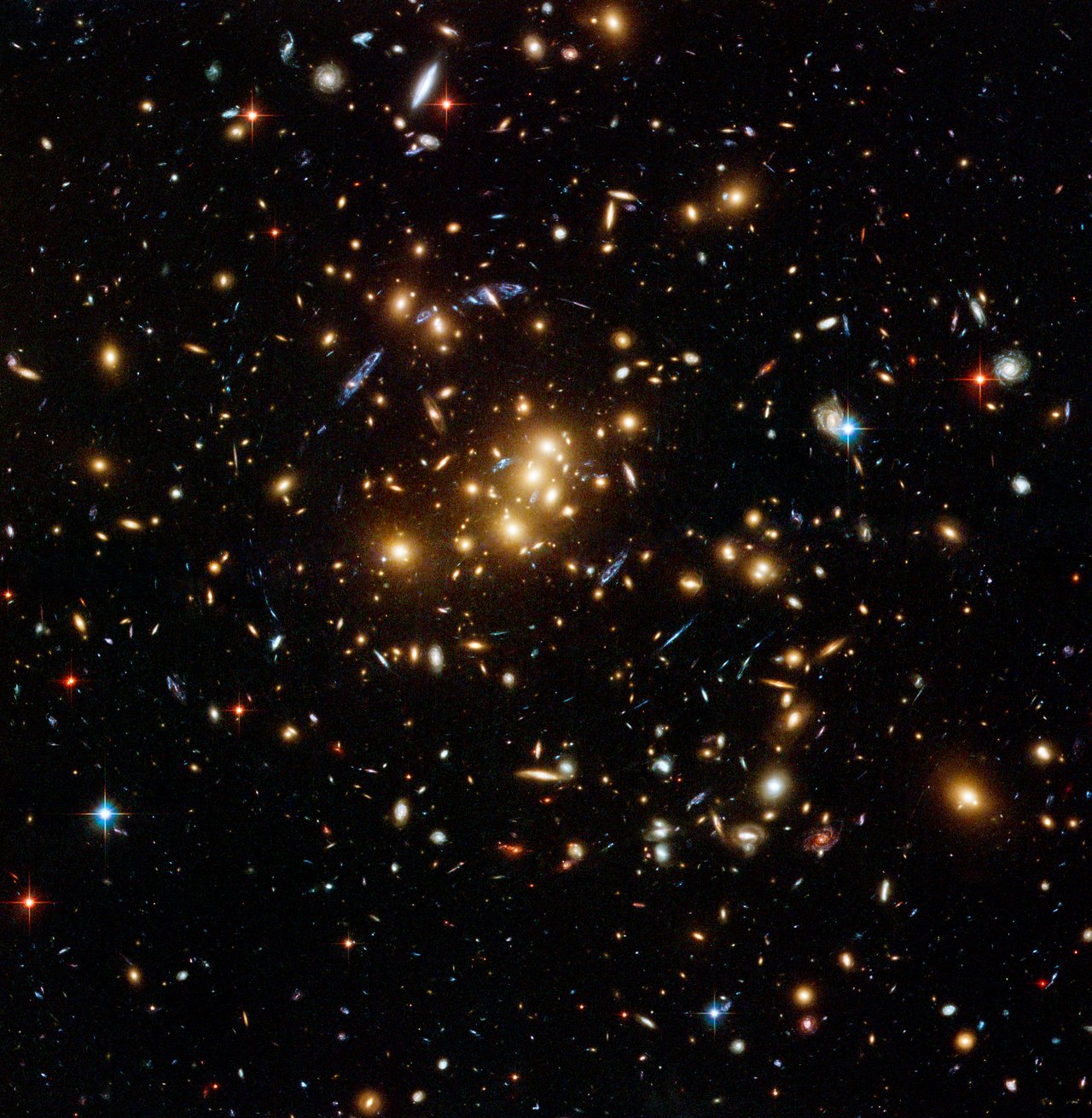The greatly intriguing collisions of galaxy clusters create some of the biggest bangs in the universe since the Big Bang. Galaxy clusters are massive, dynamic systems that continue to evolve and that are very interesting to observe and investigate.
Now, galaxy clusters pulled a new, bright act. The collision of two galaxy clusters, the two largest gravitationally bound structures in the universe, are creating the biggest bang in our universe since the Big Bang.
The two galaxy clusters are colliding at fascinating speeds to form an even bigger galaxy cluster, Abell 115 that lies approximately 2.4 billion light years from earth. This discovery greatly intrigued Jack Burns of the University of Colorado Boulder and his colleagues. The team believes that the two clusters flew past each other before, stripping each other of gas in the process.
The astonishing has already collision already began. The turbulent gases caught in the middle of the two clusters are currently being heated to approximately 300 million Fahrenheit which is equal to 167 million degrees Celsius. These temperatures are ten times hotter than the core of our sun. This discovery of such heated turbulent gases surprised Burns and his colleagues.
The team of scientists speculate that the turbulence is similar to a big spoon that stirs the gases, converting the energy of motion caused by the merge, into thermal energy. It also seems that the clusters are clashing together like huge pots which is something that hasn’t been seen before. It’s a fascinating discovery.
The collision was observed through NASA’s orbiting Chandra X-ray Observatory and the Karl G. Jansky Very Large Array that is based in New Mexico. Jack Burns and his colleagues will proceed to investigate radio emissions that were emitted due to electrons reaching the speed of light and the interaction of the cluster’s magnetic fields.
The end results of the merging isn’t fully understood at the moment. However, researchers have an idea. It is hypothesized that Abell will eventually ‘relax’ and will become centrally condensed— a relatively boring result in comparison to the exciting bang being observed currently.

